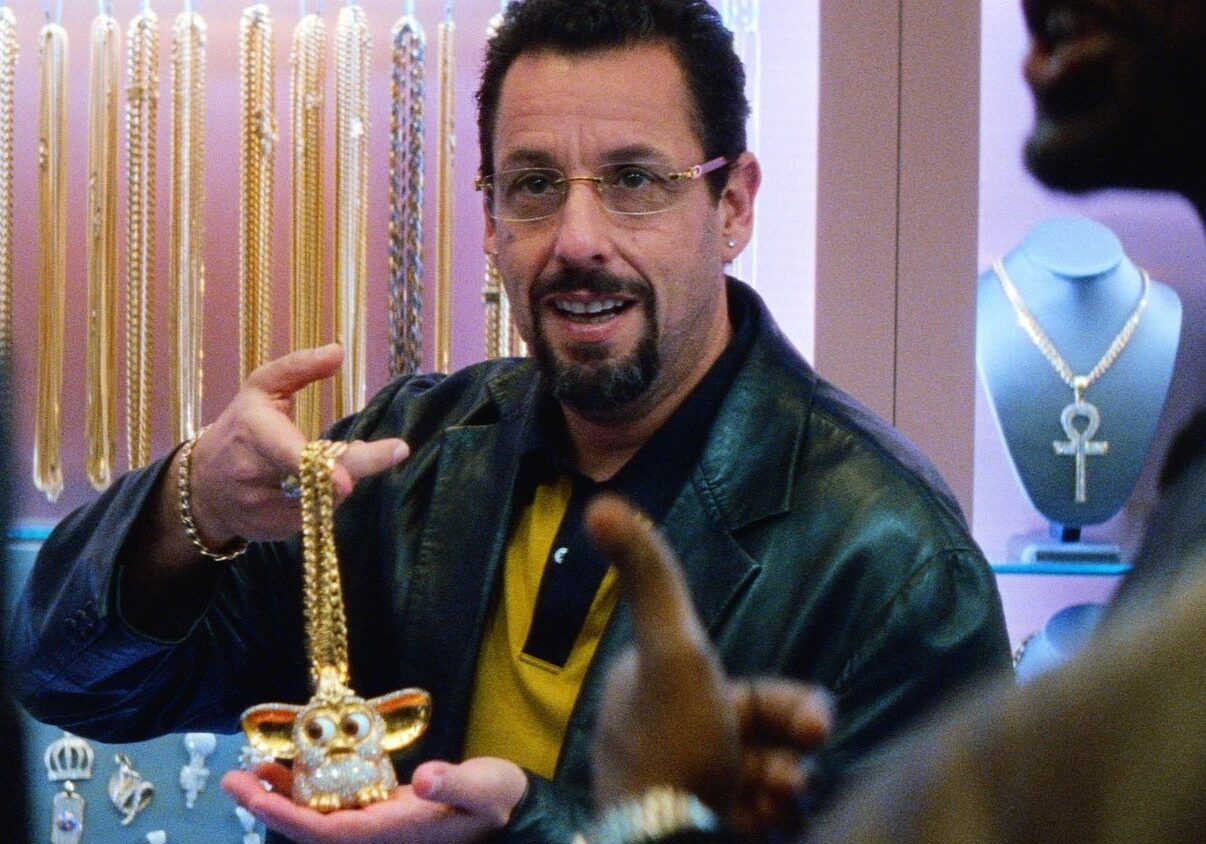In New York City, there is Broadway, where the lights are bright and the famous plays like Hamilton, Rent and The Lion King run. Then, there is Off Broadway, venues with seating capacity from 100 to 499 that show some fairly well-known but obviously less epic productions. Third, there is Off-off-Broadway, which began as a “complete rejection of commercial theatre”. These are the sub-100 seat venues that show experimental drama and theatre.
Similar, but different, is the information ecosystem for trading and investing. While we tend to focus on the highbrow outlets like FT, Reuters, The Economist and others, there are other less highbrow outlets that carry useful information and market-moving clout.
The point of this note is to do a medium-deep dive into a few off and off-off Wall Street joints that you may not know about and may find useful.










I had flashbacks of 1999 reading this —-I had a few clients that hung out on the raging bull chat rooms…every generation has to learn that price matters.
Great post and particularly appreciate the ecosystem diagram and detail. I unwittingly found myself with a front-row seat to this when I discovered this summer that my 16-year old was investing all his babysitting money into the market. One of his strategies was to find stocks with high short interest and buy them prior to announcements. It did kind of make me smile - searching out the smart money and trading against it! I wrote about it here:
https://www.forbes.com/sites/kevincoldiron/2020/12/01/help-my-teenage-son-is-a-stock-speculator/?sh=1592faa75253
Another point - It’s not entirely clear to me that having public markets primarily serving as a liquidity mechanism for long-term private capital is bad. I think I could argue this could actually promote growth.
“Whenever asked whether he received any residuals from telecasts of the 1939 classic, Bolger would reply: “No, just immortality. I’ll settle for that.” Bolger’s Scarecrow is ranked among the “most beloved movie characters of all time” by AMC and the American Film Institute.”
– Wikipedia article on Ray Bolger, the Wizard of Oz Scarecrow
The Broadway analogy also applies to Linguistics.
Broadway: English
off-Broadway: other ethnic languages
off-off-Broadway: conlangs such as Lojban and Esperanto
Three of my best trades from last year came from WSB. But four of my worst trades came from there as well.
Looks like GME got a new missionary—Elon Musk.
WSB has the potential to start leveling the playing field of wealth inequality, where the plebs can start reversing the flow of wealth transfer that Team Elite has largely benefited from. Imagine a forum dedicated to scouring order books, looking for Team Elite organizations with big shorts, and then just nuking them over and over again, taking back what was largely taken from them by previous generations. It’s like the next evolution of Occupy Wallstreet, except actually effective because it hits Wall-Street right in the pocketbook.
Portnoy tonight. what will be interesting, is to see if Chamath and Musk add their weight again.
what will be interesting, is to see if Chamath and Musk add their weight again.
https://twitter.com/stoolpresidente/status/1354589231960743936?s=20
I’m also wondering if there’s a factor called “it ain’t enough to make a difference”, relative to the $600 or $1400 checks. On who’s planet, in what reality, does $600/$1400 make a difference? If that amount ONCE is going to save your lifestyle/world, then you got serious issues! So… gambling it, in hopes of the Big Hit, is an understandable response. I haven’t done the research, but I’d be interested in the socioeconomic profile of lottery ticket buyers. Low, medium or high earners/savers?
The Esperanto translation of this article (with permission of Ben) is at the following location:
https://ekonomiabultenopriusono.com/2021/03/05/epsilon-teorio-desur-broadway-kaj-dedesur-broadway/
(work in progress)